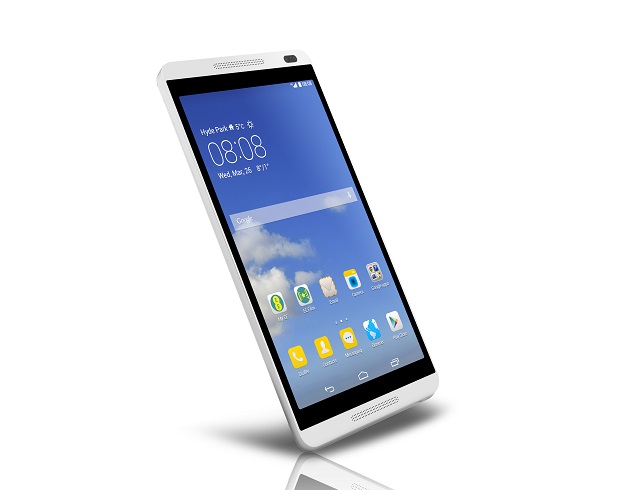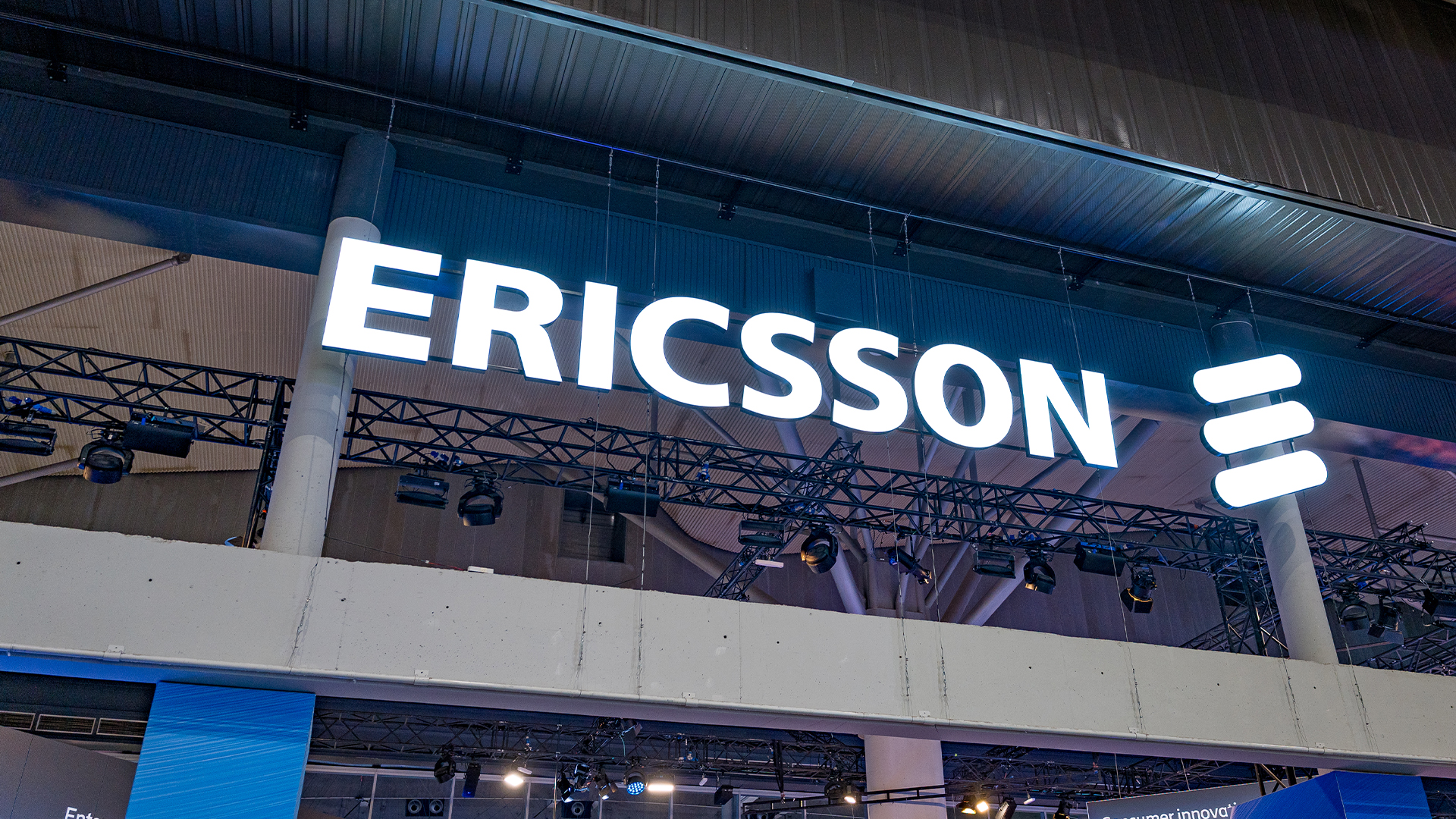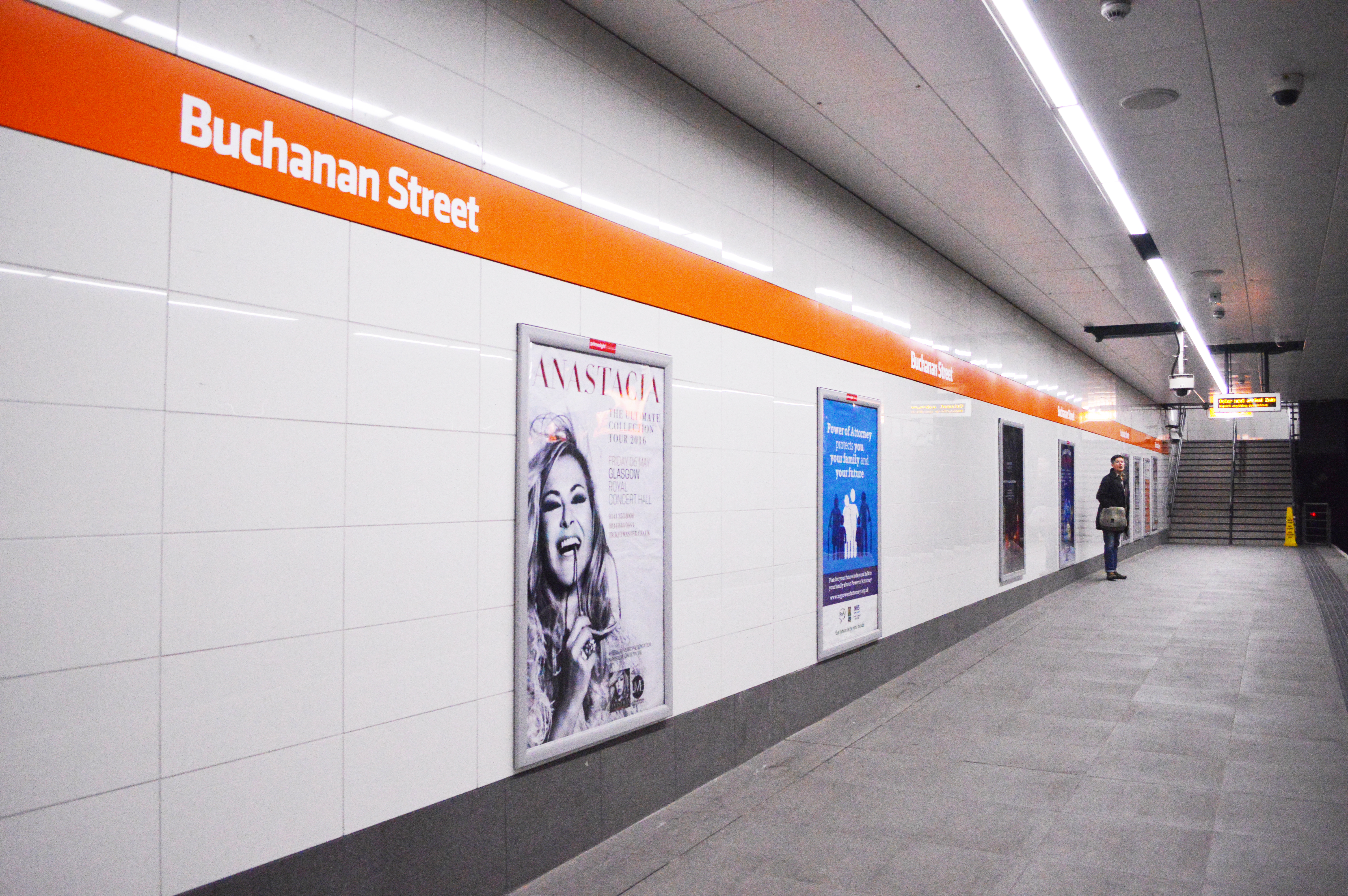EE 4G rollout ramping up in rural areas & along commuter routes
EE sets out release plans for new 4G Wi-Fi devices and tablets, and talks up its rural internet deployment ambitions

Sign up today and you will receive a free copy of our Future Focus 2025 report - the leading guidance on AI, cybersecurity and other IT challenges as per 700+ senior executives
You are now subscribed
Your newsletter sign-up was successful
EE has set out plans to boost accessibility to its 4G services in rural areas and along major commuting routes within the UK, as part of the second wave of its superfast network rollout.
Speaking at an event in central London earlier today, Olaf Swantee, EE's CEO, said the company is keen to press ahead with its 4G rollout and capitalise on the fact more customers are now opting for 4G contracts than 3G data plans.
This "tipping point", as Swantee described it, took place for the first time this month.
When we rollout 4G we're upgrading all the 2G equipment in our network, so we are improving the voice quality throughout the same project.
"That is, when we still don't have the full coverage of the UK, and we still have a lot of areas to cover and we have competitors that are far behind us in terms of coverage, and yet already today we have already reached that major milestone," he said.
As part of the next phase of its rollout, the mobile operator has pledged to bring its 4G services to a further 2,588 UK villages with populations of under 10,000 people, and claims to already be offering them to 3 million people living in similar areas.
The EE chief said the operator also wants to boost the 4G user experience for commuters by stepping up its efforts to provide network access along motorways, A-roads and train routes.
This has already seen EE bring 4G to 47 major train stations and 22 airports in the UK, Swantee said, while 50 per cent of our busiest motorways and A-roads already have it.
Sign up today and you will receive a free copy of our Future Focus 2025 report - the leading guidance on AI, cybersecurity and other IT challenges as per 700+ senior executives
Furthermore, it's also working to bolster the quality of 2G signals along these routes to reduce the number of dropped calls people experience while out and about.
Over time, this will be extended to include B-roads too.
"When we talk to big corporate clients about 4G, and when they deploy 4G, typically employees would say, I really like 4G because I can now make phone calls in more places'," he explained.
"4G is obviously designed for the internet signal, and not designed for voice but what [highlights] is the importance of voice and the importance in reducing dropped calls.
"So when we rollout 4G we're upgrading all this equipment in our network, 2G equipment at the same time, so we are improving the voice quality throughout the same project," he added.
EE also showcased a number of new devices it's planning to bring to market over the next couple of months, including what it claims is the UK's first 4G car Wi-Fi hub.
The device has been labelled Buzzard and works in any car with a 12v adaptor socket and provides 4G Wi-Fi connectivity for up to 10 devices. It is available on a Pay-As-You-Go contract for 49.99.
This will be available to buy on 28 May.
Speaking at the event, Pippa Dunn, chief marketing officer at EE, said the addressable market for the device is huge as there are 30 million cars on the road in the UK that could potentially use it.
However, she was keen to stress the device is aimed at passengers, and shouldn't be a source of distraction for drivers.
"It [Buzzard] is very much positioned at the passengers in the car and not the driver of the car. I do think there is a responsibility on the individual driving the car that they are driving the car to make sure they are driving and not using their mobile phones."
The company is also planning to follow up the release of its Kestral smartphone with an Android-based Huawei tablet that Dunn claimed matches the Apple iPad mini "spec-for-spec" and is reportedly the UK's most affordable device of its kind at 199.
It's also available for 49.99 to Pay-As-You-Go customers and on its 24-month pay monthly plans of 15 and above from 28 May.
"The Eagle is comparable to the iPad mini... and on some specs it is actually better," said Dunn.
"This is about democratising 4G and ensuring as many people as possible can use it."
-
 AWS CEO Matt Garman isn’t convinced AI spells the end of the software industry
AWS CEO Matt Garman isn’t convinced AI spells the end of the software industryNews Software stocks have taken a beating in recent weeks, but AWS CEO Matt Garman has joined Nvidia's Jensen Huang and Databricks CEO Ali Ghodsi in pouring cold water on the AI-fueled hysteria.
-
 Deepfake business risks are growing
Deepfake business risks are growingIn-depth As the risk of being targeted by deepfakes increases, what should businesses be looking out for?
-
 Three and Ericsson just launched a first-of-its-kind managed 5G service for businesses
Three and Ericsson just launched a first-of-its-kind managed 5G service for businessesNews The new 5G service looks to supercharge business connectivity across Ireland
-
 EE rolls out 4G across Glasgow's underground network
EE rolls out 4G across Glasgow's underground networkNews The network is currently restricted to EE customers but is likely to expand in the near future
-
 Nokia and NASA join forces to bring 4G to the moon
Nokia and NASA join forces to bring 4G to the moonNews Cellular service will provide the communications needed for meaningful moon exploration
-
 Birmingham crowned the fastest UK city for 4G download speeds
Birmingham crowned the fastest UK city for 4G download speedsNews While Birmingham also recorded the highest speed hike over 2019, London came in at a middling 9th place
-
 LTE vs 4G: Which is better?
LTE vs 4G: Which is better?In-depth Comparing LTE vs 4G has become common in recent years, but how exactly do they differ, and is 4G faster?
-
 What is 4G?
What is 4G?In-depth A look at the fourth generation of mobile networking technology and its availability in the UK
-
 4G vs 5G - what's the difference?
4G vs 5G - what's the difference?Vs From 3G to 4G, mobile connectivity has revolutionised our lives. Now 5G is set to do it again
-
 The best 4G network
The best 4G networkIn-depth Every mobile provider offers 4G contracts, but which one is the best for you?